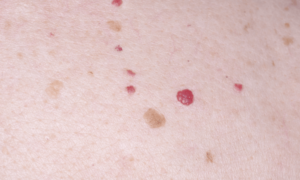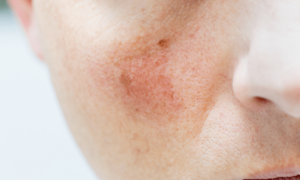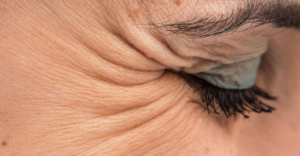Today, we’re looking into a topic that many who attend our clinic want to know: how long do fillers last? It’s a question that we hear through the consultation rooms and online. Fillers aren’t just about enhancing beauty; they’re a journey towards self-confidence and expression. But how long does this journey last? It’s time to learn about fillers, uncovering the science and art behind their lasting effects.
Key Takeaways
- Insight: It’s not just a straightforward number. Multiple factors are in play.
- Fact: Did you know that the type of filler, the area treated, and your lifestyle can significantly influence how long your results last?
- Tip: Maximising the lifespan of your fillers starts with choosing the right practitioner and following their aftercare advice.
- Further Reading: For those eager to explore more, we recommend reading about the different types of fillers and their specific applications.
The Science Behind Fillers
Why Fillers Fade: Understanding the Basics
At their core, fillers are designed to restore volume and smooth out lines, providing a rejuvenated appearance. But many mak ask the question: why do these effects not last forever? The key lies in the body’s natural metabolism.
Fillers, although sophisticated in composition, are introduced into the body as foreign substances. Made from materials that are compatible with our skin, such as hyaluronic acid, they are eventually broken down and absorbed by the body’s metabolic processes. This absorption is a slow and natural procedure, ensuring that the fillers dissolve safely without causing harm to the body.
This gradual fading is also a testament to the safety of fillers, as it allows the body to eliminate them without long-term complications.
However, this also means that maintaining the desired aesthetic effect requires regular touch-ups. The rate at which fillers are metabolised can vary greatly among individuals which is influenced by multiple factors such as skin type, metabolism, and the area of injection.
Understanding this process helps set realistic expectations for those considering fillers, highlighting the importance of a maintenance plan customised by an experienced practitioner.
Factors Affecting Longevity
Lifestyle, Location, and the Art of Maintenance
The longevity of filler effects is not only dependent on the type of filler used; several external factors play a major role in determining how long the results will last. Lifestyle choices, such as smoking and excessive sun exposure, can speed up the breakdown of fillers by compromising skin health.
The area of the face treated with fillers can influence their lifespan. Fillers injected into areas with more movement, such as around the mouth, may break down faster than those placed in less dynamic regions.
We recommend maintenance sessions which significantly affect the longevity of fillers. Following a skincare routine that includes sun protection, hydration, and regular check-ups with your aesthetic practitioner can extend the life of your fillers.
It’s also worth noting that individual metabolic rates can cause variations in how long fillers last. Some people may metabolise fillers more quickly than others, necessitating more frequent touch-ups.
Recognising these factors and planning accordingly can help ensure that the benefits of fillers are enjoyed for as long as possible, making the most out of every treatment.
Understanding the Longevity of Fillers
Diving into the Duration: What the Numbers Say
The longevity of fillers can vary widely, influenced by a range of factors including the type of filler used, the area treated, and the individual’s metabolism. Let’s look at the duration of fillers with some key statistics to provide a clearer picture:
Hyaluronic Acid Fillers: These are among the most popular choices for fillers, known for their compatibility with the body and natural-looking results. Statistically, hyaluronic acid fillers can last anywhere from 6 to 18 months, depending on the specific formulation and the area of injection. For instance, fillers used in the lips tend to have a shorter lifespan, averaging 6 to 12 months, due to the high mobility of the area.
Calcium Hydroxylapatite Fillers: Often used for deeper lines and volume restoration, these fillers have a slightly longer duration, with effects that can last up to 12 to 24 months.
Poly-L-lactic Acid Fillers: Designed for more significant volume replacement and collagen stimulation, these fillers have results that can gradually appear over a few months but last up to 2 years or more.
Polymethylmethacrylate (PMMA) Fillers: As one of the longest-lasting options, PMMA fillers can offer permanent results, but they also come with a higher risk of complications due to their non-biodegradable nature.
Final Thoughts
Looking back at our opening question it doesn’t have a one-size-fits-all answer. It’s a blend of individual biology, lifestyle choices, and the expertise of your chosen practitioner. Fillers can help people restore confidence and add volume to an area of the face.
It’s important to remember the true value of fillers doesn’t lie in how long they last but in how they make you feel: confident, refreshed, and true to yourself.




















